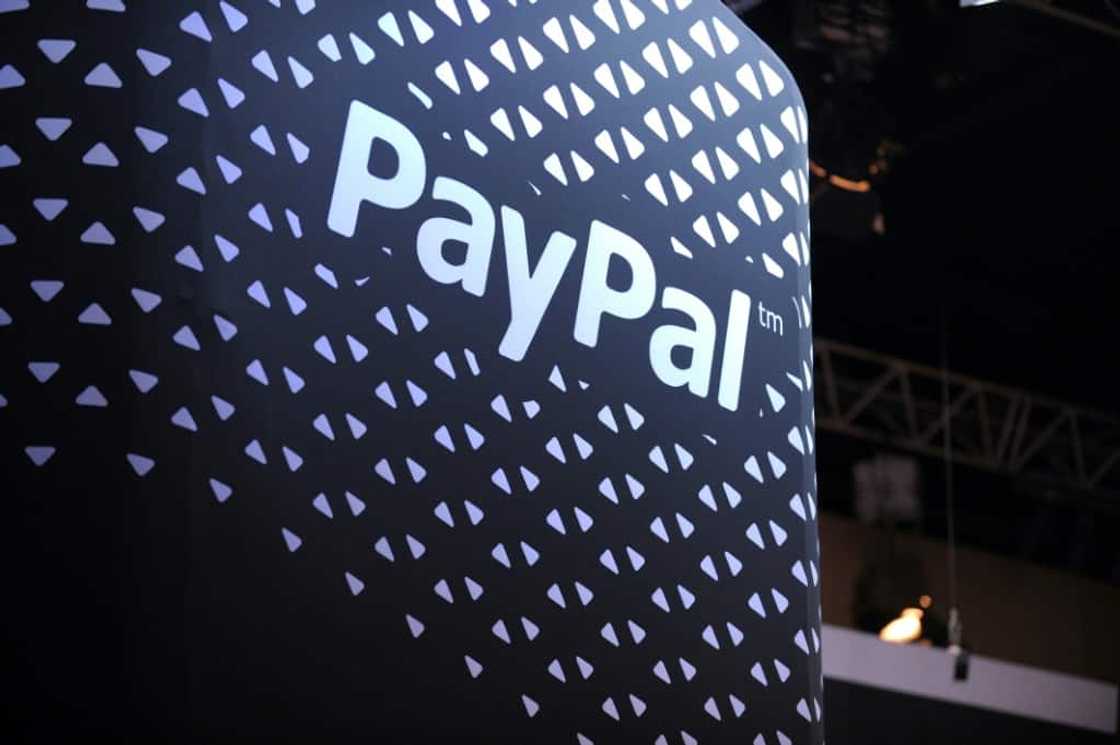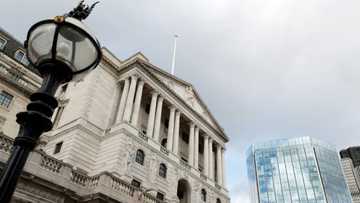PayPal debuts US dollar-backed stablecoin for payments

Source: AFP
PAY ATTENTION: Have you recorded a funny video or filmed the moment of fame, cool dance, or something bizarre? Inbox your personal video on our Facebook page!
PayPal on Monday launched a stablecoin digital currency backed by US dollars to be used for transactions at its global online payments platform.
PayPal USD is issued by Paxos Trust Company and backed by dollar deposits and similar cash holdings, the online payments giant said in a release.
It comes as the cryptocurrency industry is suffering hard times after the spectacular collapse of FTX and various legal cases against the sector's biggest players.
As the biggest cryptocurrencies are famously volatile, entrepreneurs invented a theoretically more reliable alternative known as stablecoins.
These coins are pegged to the US dollar or other fiat currencies, but still come with concerns their value can tank.
"The shift toward digital currencies requires a stable instrument that is both digitally native and easily connected to fiat currency like the US dollar," said PayPal chief executive Dan Schulman.
PAY ATTENTION: Follow Briefly News on Twitter and never miss the hottest topics! Find us at @brieflyza!
PayPal USD is designed to make payments on across the global platform easier and open a door to more big brands getting involved with digital assets, according to the Silicon Valley-based company.
PayPal planned to soon make the stablecoin available at Venmo, its peer-to-peer payment service.
PayPal's decision to accept bitcoin in late 2020 helped kick off a precipitous rise in the value of crypto assets, driven partly by a sense that the digital tokens could potentially function like currencies one day.
However, scandals have rocked the cryptocurrency market and made regulators wary.
Financial regulators in the United States have argued that cryptocurrencies are securities and should face strict rules.
The debut of PayPal USD came two weeks after OpenAI chief executive Sam Altman and other co-founders unveiled a Worldcoin crypto project that relies on an eye scan to verify a user's identity.
Worldcoin said it will provide users with a private digital identity -- a "World ID" -- after they register in person using an "Orb" imaging device that scans their eye's unique iris pattern.
This was to help solve one of the main challenges facing the crypto industry that largely relies on pseudonyms to operate, leaving it vulnerable to spam bots and scams.
The company also launched its Worldcoin token, a cryptocurrency now tradable in certain locations and platforms, to millions of users who participated in early tests, the statement said.
In a sign of increased caution by regulators in treating crypto, Worldcoin wasn't available to trade in the US, where enthusiasm for the sector is significant, because of restrictions.
PAY ATTENTION: Сheck out news that is picked exactly for YOU ➡️ click on “Recommended for you” and enjoy!
Source: AFP



